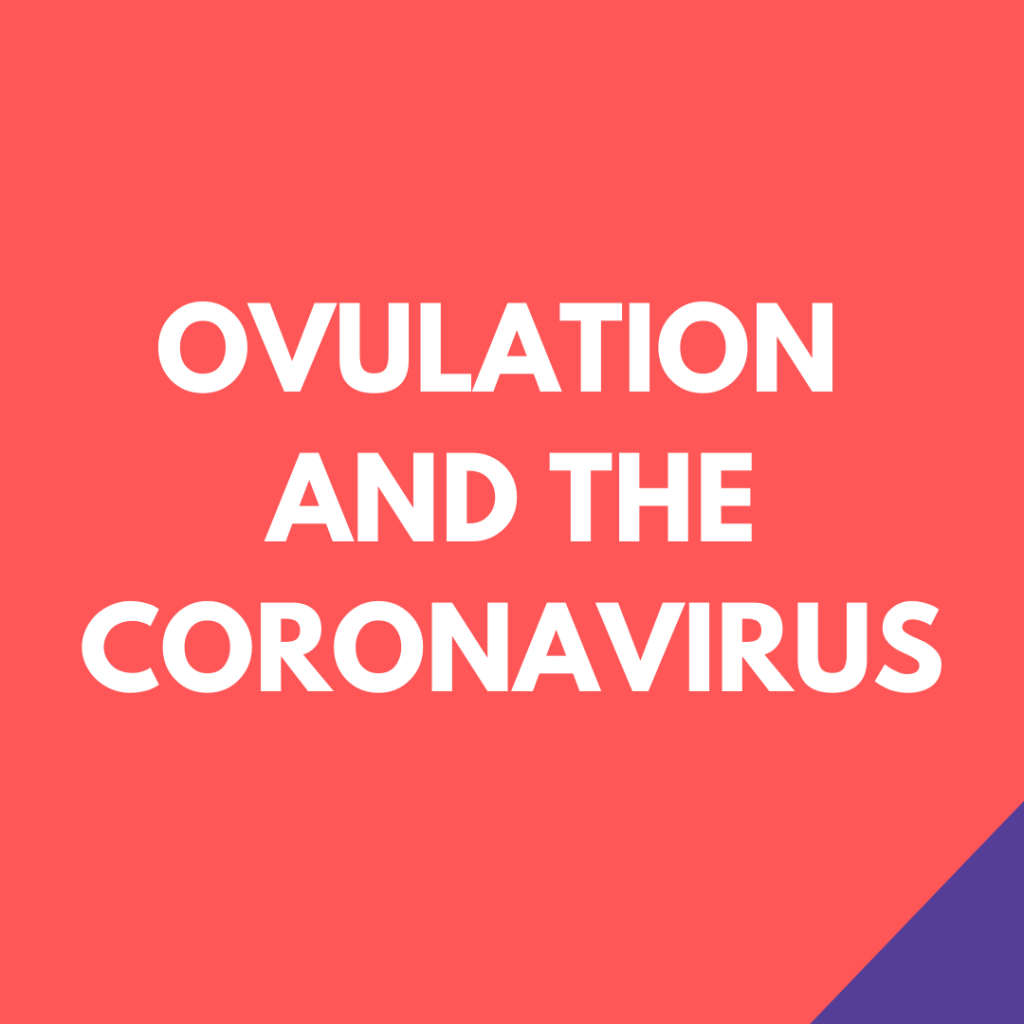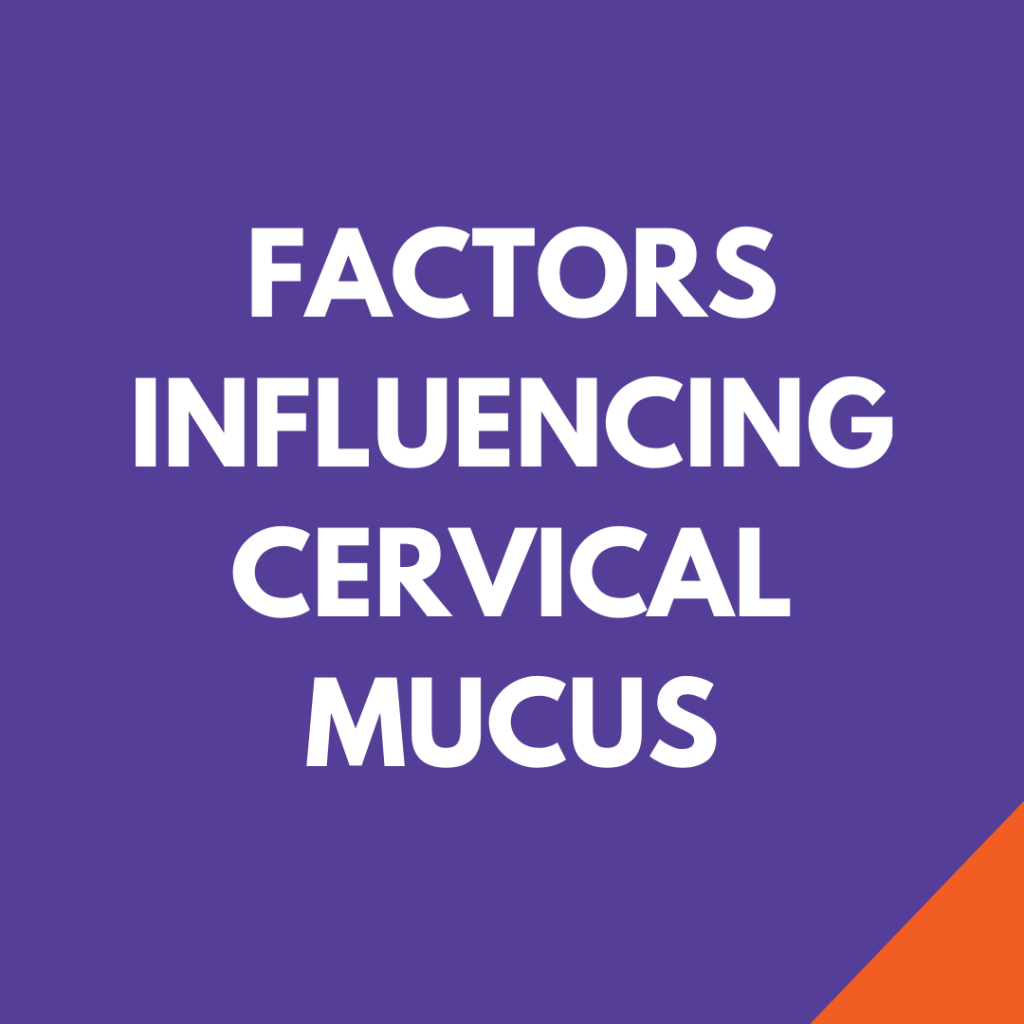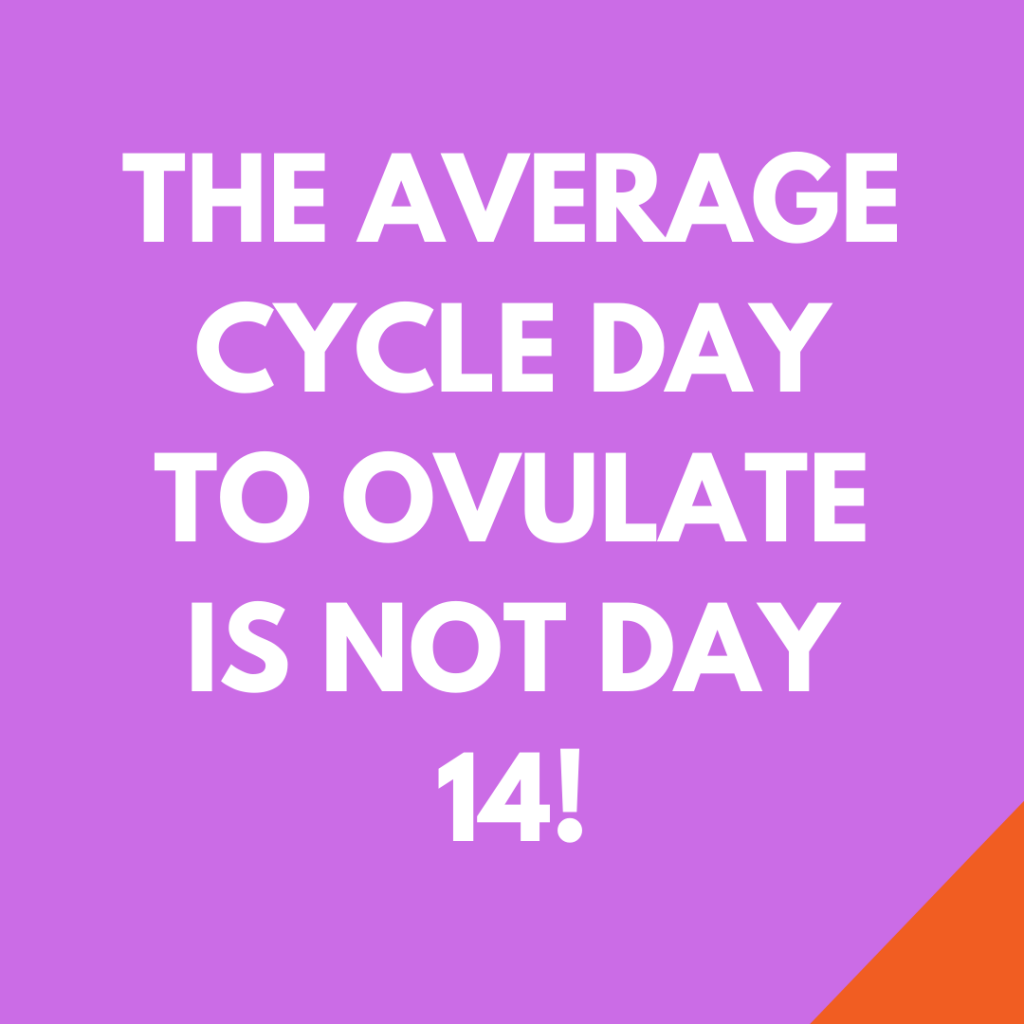We may earn a commission from affiliate links on this page.
When do you Ovulate?
Do you have delayed ovulation?
The first part of your cycle varies a lot. Some women ovulate just 10 days after their period started, while others take 30 days. It doesn’t just vary between women, but also between your own cycles. So it’s possible you ovulate on CD15 this month, but CD20 next month.
Here are some things associated with ovulating later in your cycle:

- Stress: stress lengthens your follicular phase (the days between the start of your period and ovulation). So if you feel stressed, your ovulation often is delayed. It’s your body’s way of saying, hey, you have a lot of stuff going on right now so I’ll just leave you be for a bit.
- Age: The younger you are, the earlier you tend to ovulate. Women who are <25 years old tend to ovulate about 3 days later than those between 40-45.
- Recent oral contraceptive use is also associated with a longer follicular phase. In case you recently stopped the pill, let’s say within the last 3 months, it may take you a couple days longer to ovulate. A study found that ovulation was delayed by a little over 2 days comparing women who recently stopped the pill, to those who didn’t use it.
- And if you needed any more reason to go out and enjoy some SUN… Low vitamin D levels have also been linked to a delay in ovulating.
Just because you ovulate late doesn’t mean you have a lower chance of getting pregnant. Not at all! Just make sure you track your ovulation so you know exactly when your fertile window starts, which could be later than your calendar or your fertility apps suggest.
Also, if you ovulate later than usual, your period is also going to be due later than usual. As the second part of your cycle, the luteal phase, is pretty consistent between cycles.
References:
Jukic, A.Z., et al. 2007. Journal of Women’s Health: 16 (9): 1340–47.
Bull, J.R., et al. 2019. NPJ Digital Medicine: 2: 83.
Sanders, K.A., et al. 1999. Journal of Biosocial Science: 31 (3) 393-402.
Jukic, A.Z., et al. 2018. Epidemiology 29(3):388–396.



